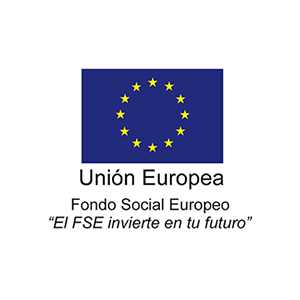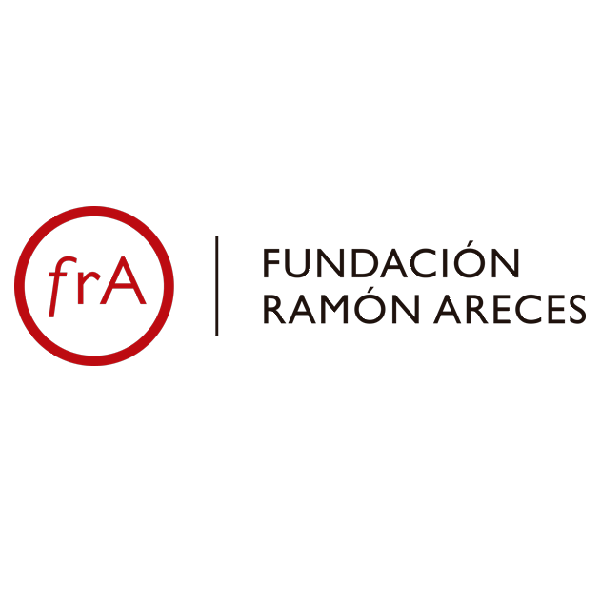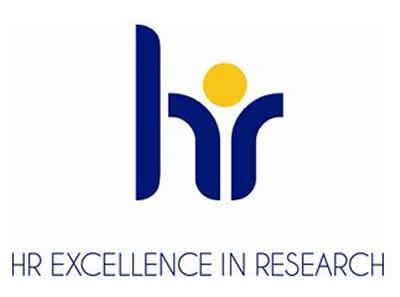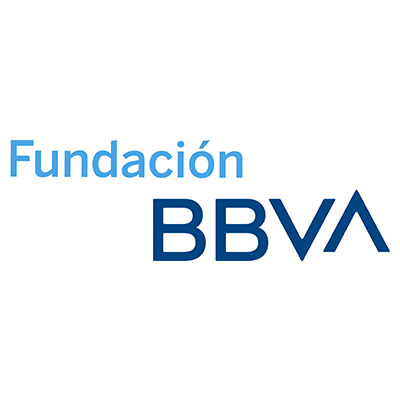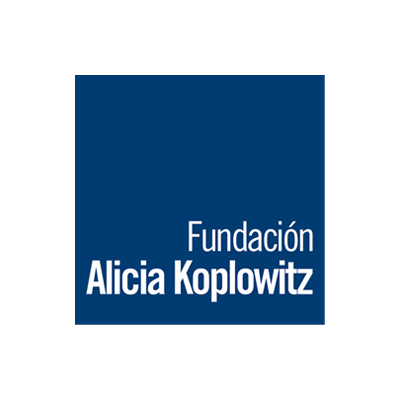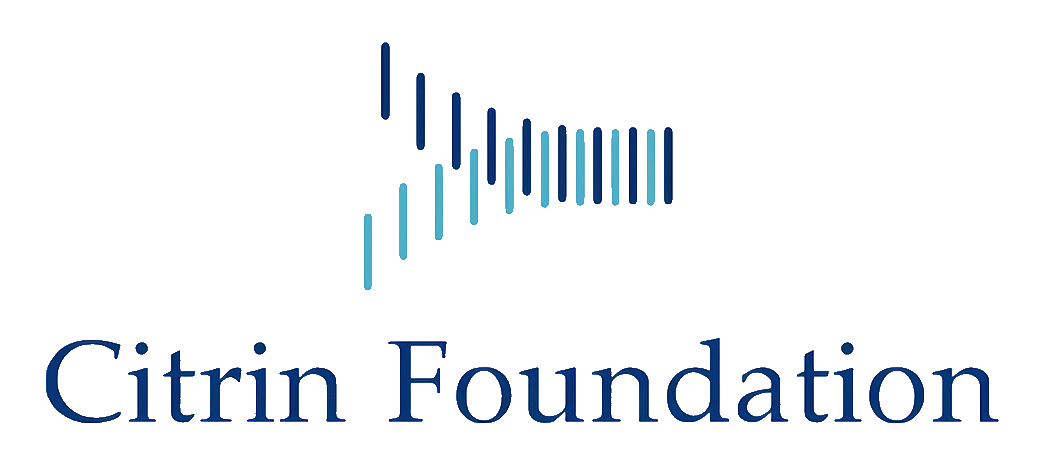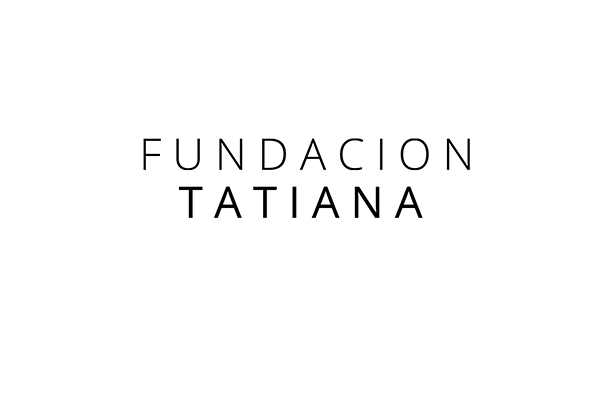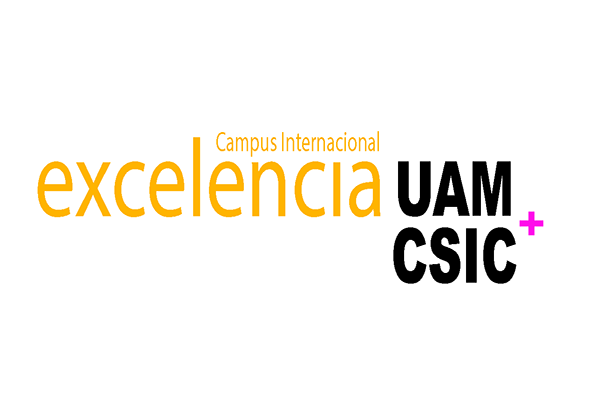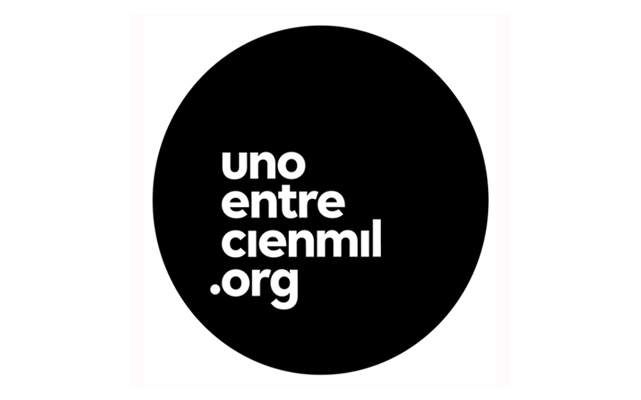- Inicio
- Empleo y Formación
Ofertas de Empleo
Biocomputational data Analyst
The CBM Severo Ochoa is seeking an experienced Bioinformatician with large computational experience in Next Generation Sequencing (NGS) techniques, proficient in Linux, R, and Python programming languages. The successful candidate will be integrated as part of our Biocomputational Analysis service, working on cutting-edge projects in genomics and transcriptomics.
Experience with the following tasks:
• Analyse NGS data (e.g., WGS, WES, RNA-seq, ChIP-seq, ATAC-seq, IsoSeq, single-cell (scRNA-seq, scATAC-seq), metagenomics (metabarcoding-16S, 18S, ITS and shotgun sequencing). Quality Control procedures, and pathway enrichment analyses.
• Multi-omics data integration analysis: genomics, metabolomics, and proteomics data for a comprehensive understanding of biological processes.
• Knowledge of statistical analyses: exploratory data analysis, hypothesis testing, multiple testing corrections, sample power calculations, ANOVA, PCA, data mining (machine learning), ROC curves, etc.
• Develop and implement bioinformatics pipelines and tools for processing and analysing large-scale genomic data sets.
• Support research teams to design and execute experiments, interpret results, and assisting in the preparation of scientific publications.
• Stay abreast of the latest developments in NGS technologies and release of new software for data analyses.
This is an exciting opportunity to join one of the leading institutes in Spain in biomedicine and contribute to ground-breaking discoveries. If you meet the qualifications above and feel passionate about bioinformatics, we strongly encourage you to apply.
- Minimum of 4 years of experience in bioinformatics, with a focus on NGS data analysis.
- Experience in pipeline implementation
- Strong programming skills in Linux, R, Python, and Matlab.
- Advanced knowledge of statistics
- Familiarity with machine learning techniques.
- Excellent problem-solving skills and attention to detail.
- Ability to communicate effectively in English.
- Experience with cloud computing and parallel processing is a plus.
- Master's degree or Ph.D. in bioinformatics, computational biology, or a related field is valued.
- Please submit your CV (4-page extension limit) to direccion.cbm@csic.es.
Call for graduate or postdoctoral contract: Bioinformatician
ERC Consolidator Grant 2020 HumAN: Interrogating human adult hippocampal neurogenesis
HumAN aims at unveiling key aspects of adult hippocampal neurogenesis in humans. The modulation of this process during both physiological and pathological aging will be addressed.
24 months, starting on 1 June 2024.
Requirements: Degree in Data Science, Bioinformatics, Biomedical Sciences, or equivalent. Expertise in data science, statistics, and machine learning. It will also be valued: Doctorate or Master’s degree in Data Science, Bioinformatics, Biology, or equivalent. Expertise in processing and analysing microscopy images. Basic expertise in genomic data analysis and neuroscience.
29 February 2024, 11:59 pm CET.
Main tasks to develop: Development of supervised and unsupervised models for microscopy image segmentation and analysis. Additional: Transcriptomic data analysis. Shortlisted candidates will be interviewed in March 2024. The selected candidate will be announced on March 31 2024.
Research assistant
Uncovering the mitochondrial-related pathways of estradiol cardiac protection as a potential treatment for heart failure during menopause.
The overarching goal of our lab is to uncover the mechanisms mediating how males and females differ in metabolism and cardiovascular disease.
In particular, with this project, we want to understand the molecular mechanisms underlying estradiol cardiac protection with particular interest in the mitochondrial role.
Cardiovascular Disease (CD) is the leading cause of death in women worldwide, but the causes remain understudied and underrecognized. Post-menopausal women exhibit an exponential increase in heart failure (HF) compared with men at the same age suggesting a potential role of sexual hormonal changes, especially estradiol.
We will apply a unique synergy of in vivo imaging and intra-cardiomyocyte assays to measure Calcium handling, ROS production, and mitochondrial functions. Moreover, we will correlate the cardiac oxidative status with a new score that could be a potential tool for the diagnosis and prediction of HF severity.
We are searching for a research assistant, highly motivated, enthusiastic, and proactive and who wants to get involved in this cutting-edge project
The trainee will learn state-of-the-art mitochondrial, cellular biology, and omics techniques along with experimental design, statistical analyses, writing, and presentation skills. We are a young and highly collaborative team and welcome scientists from diverse backgrounds regardless of race, religion, gender, or sexual orientation, promoting a safe and collaborative working environment.
Have completed an Official University Master's Degree in topics related to Biomedicine or Molecular and Cellular Biology. Previous experience in molecular and cellular biology and mouse models will be highly valued. Those interested should send, as soon as possible, their CV, a description of their research experience and, if possible, letters of reference.
Looking for Juan de la Cierva postdoctoral candidates
Identification of new therapeutic targets in head and neck squamous cell carcinoma (HNSCC) through the modulation of Gq-GPCR signaling pathways
Our group aims to understand the molecular bases that allow transducing the mechanical stimuli imposed by the composition and organization of the tumor stroma (TEM) on the regulation of autophagy, a fundamental metabolic control pathway in most tumors, and which is especially relevant in oral tumors. Based on the importance of G protein-coupled receptors in cancer, and on the novel role of the Gαq protein as a central regulator of the autophagic process, recently described in the laboratory, the objective of the project will be focused on evaluating the importance of the GPCR-Gαq pathway in the regulation of the architecture of the stroma associated with tumors through CAFs (tumor-associated fibroblasts), as well as in its role as a regulator in the cross-modulation between the secretion of exosomes and the different pathways of autophagic flux, both fundamental mechanisms in tumor-stroma communication. By combining biochemical and exosome biology techniques, the use of high-resolution microscopy and different 2D and 3D migration/invasion systems, combined with animal models with altered Gαq expression, we will try to identify new targets and therapeutic strategies against to this type of tumors
Drs. Inmaculada Navarro (ilerida@cbm.csic.es) and Catalina Ribas (cribas@cbm.csic.es)
Búsqueda candidatos Becas FPU y CAM 2023
Identificación de nuevas dianas terapéuticas en carcinoma de células escamosas de cabeza y cuello (HNSCC) a través de la modulación de vías de señalización Gq-GPCR
Nuestro grupo tiene como objetivo entender las bases moleculares que permiten transducir los estímulos mecánicos impuestos por la composición y organización del estroma tumoral sobre la regulación de la autofagia, una vía de control metabólico fundamental en la mayoría de los tumores, y que es especialmente relevante en los tumores orales. Basándonos en la importancia del sistema mediado por los receptores acoplados a las proteínas G en cáncer, y en el novedoso papel de la proteína Gαq como regulador central del proceso autofágico descrito recientemente en el laboratorio, el objetivo del proyecto estará centrado en evaluar la importancia de la vía GPCR-Gαq en la regulación de la arquitectura del estroma asociado a los tumores a través de los CAFs (fibroblastos asociados al tumor), así como en su papel como regulador en la modulación cruzada entre la secreción de exosomas y las distintas vías de flujo autofágico, ambos mecanismos fundamentales en la comunicación tumor-estroma. Mediante la combinación de técnicas bioquímicas y de biología de exosomas, el uso de microscopía de alta resolución y distintos sistemas de migración/invasion 2D y 3D, combinada con modelos animales con una expresión alterada de Gαq, trataremos de identificar nuevas dianas y estrategias terapeúticas frente a este tipo de tumores
Los interesados/as deberán enviar, lo antes posible, su CV y expediente académico a las Dras. Inmaculada Navarro (ilerida@cbm.csic.es) y Catalina Ribas (cribas@cbm.csic.es)
El plazo para presentar solicitudes es desde el 17/1/2023 hasta el 8/02/2023 (para FPU) y del 16/1/2023 hasta el 1/02/2023 (para CAM)
Candidato para solicitar beca FPU
DISEMINACION DEL VIRUS HERPES SIMPLEX TIPO 1 EN OLIGODENDROCITOS HUMANOS: PAPEL DE LA AUTOFAGIA (PID2022-140632NB-I00)
Analizar el efecto de herpes en neurodegeneración: papel de microvesículas, autofagia y búsqueda de antivirales
Expediente académico alto, igualmente alto nivel de inglés y haber realizado un máster de biología molecular, biotecnología, biosanidad o microbiología
Interesados/as contactar con José A. López Guerrero, director del grupo de Neurovirología de la UAM (jal@cbm.csic.es)
24 de enero
Searching predoctoral candidate (Comunidad de Madrid call)
Role of the microRNAs in Trypanosoma cruzi infection: applications in diagnosis and therapy
We study the immune response against T. cruzi using different “omics” approaches. We aim to identify new diagnostic and therapeutic targets urgently needed for following up the patients in the different stages of the disease and after drug treatment.
2024/01/31
Búsqueda de personas candidatas para solicitar contrato Pre Doctoral de la CAM
Ensamblaje y dinamismo del diafragma de filtración renal (PID2022-140267NB-I00).
Nuestro grupo ha sido pionero en demostrar que los nefrocitos de Drosophila, las células encargadas de la filtración de la hemolinfa de la mosca, poseen diafragmas de filtración DFs que son estructural, molecular y funcionalmente similares al DF renal, y en validar su uso para estudiar nefropatías que afectan al DF. El DF es una unión celular modificada del podocito glomerular que actúa como un filtro molecular durante el proceso de ultrafiltración de la sangre, limitando el paso de moléculas por su tamaño, siendo la principal diana sobre la que actúan los agentes desencadenantes de nefropatías de alta incidencia que conllevan al desarrollo de la enfermedad renal crónica. La finalidad de nuestro proyecto consiste en descubrir los mecanismos moleculares y celulares que subyacen a la formación de los DFs, usando una combinación de técnicas genéticas y de biología molecular, celular y bioquímica y dos organismos modelo, Drosophila, el organismo más adecuado para la realización de sofisticados estudios genéticos y la generación rápida de animales transgénicos y el pez cebra. El trabajo se centrará en analizar los procesos de remodelación de membranas que conducen a la formación de los DFs y en identificar nuevos componentes del DF en nefrocitos mediante la obtención de su interactoma aplicando el sistema Turbo-ID de marcaje por proximidad. La función de los nuevos componentes se caracterizará en Drosophila y en vertebrados.
26/01/2024
Para más información sobre la línea de investigación: www.cbm.uam.es/m_ruiz
14 excellent Doctoral Candidates (DCs) to join the CarrerasPathfinders program in Barcelona
The CarrerasPathfinders program aims to train the next generation of researchers capable of addressing unmet needs and societal challenges in blood cancers. The research program covers the entire spectrum of research and innovation in blood cancers from understanding disease biology to the implementation of novel processes in the clinical practice.
A total of 14 different research projects under the supervision of IJC research groups leaders are available. Projects have been pre-selected by the Scientific Advisory Board (SAB) of CarrrerasPathfinders program based on excellence, impact, their triple-I dimension (internationality, intersectoriality, and interdisciplinarity), and the experience of the proposing supervisors.
- A high level of motivation and interest.
- Eligible candidates must not have a doctoral degree at the date of their recruitment.
- Candidates must comply with the Marie Sklodowska Curie (MSCA) mobility rule: they must not have resided or carried out their main activity in Spain for more than 12 months in the 3 years immediately prior to the call deadline.
- Candidates should be entitled to enrol in a PhD program: as per the internal regulations of our collaborating universities, the University of Barcelona (UB) and the Autonomous University of Barcelona (UAB), candidates must hold a Bachelor’s degree and a Master’s degree, or be in the process of obtaining it by the end of the selection process (on the date of the SAB consensus meeting at the latest). The total equivalent should be 300 ECTS in total, 60 of which should correspond to a Master’s degree (or equivalent credit system for degrees awarded by universities outside the EU).
- Have high level of proficiency in written and spoken English.
- The healthy, inspiring, and creative working environment of the IJC.
- Innovative and interdisciplinary research projects.
- A network-wide training program including annual retreats, courses, and seminars.
- Four-year contract with a competitive salary.
- 3-11 month-long secondments to collaborating international associated partners (detailed in each project description).
- The stimulating environment of the Barcelona metropolitan area.
- Preferential start date: September 2024
- Convocatoria de ayudas del Subprograma Ramón y Cajal 2021.
En el BOE del 29 de diciembre se publicó el extracto de la Resolución de la Presidencia de la Agencia Estatal de Investigación, por la que se aprueba la convocatoria de ayudas del Subprograma Ramón y Cajal 2021.
La Agencia Estatal de Investigación (AEI) ha realizado una reforma de las convocatorias posdoctorales Ramón y Cajal y Juan de la Cierva. Desaparece la figura de “Juan de la Cierva Incorporación” para hacer la carrera más corta, quedando incluida dicha figura dentro del Contrato Ramón y Cajal. Por ello, de las 647 ayudas convocadas, se han reservado 278 para jóvenes investigadores (grado de doctor obtenido después de 01/01/2017), además de 12 para personal investigador con discapacidad igual o superior al 33% y 10 para el turno RYC-INIA-CCAA.
La finalidad de estas ayudas es promover la incorporación de personal investigador, español y extranjero, con una trayectoria destacada en centros de I+D españoles, con el fin de que adquieran las competencias y capacidades que les permitan obtener un puesto de carácter estable en un organismo de investigación del Sistema Español de Ciencia, Tecnología e Innovación. La duración de las ayudas es de 5 años y este año como novedad la han dividido en dos fases: una primera fase cuyo objetivo es afianzar las capacidades adquiridas durante una primera etapa previa de formación posdoctoral, y una segunda fase a la que se podrá acceder a partir del 4º año una vez hayan obtenido la evaluación positiva de la actividad científico-técnica con criterio para ser investigador R3, dirigida a adquirir las competencias y capacidades que permitan obtener un puesto de carácter estable.
En el siguiente enlace Ayudas para contratos Ramón y Cajal 2021 pueden encontrar la resolución completa de la convocatoria, así como las preguntas frecuentes y modelos de documentos que los investigadores deben presentar en la solicitud.

